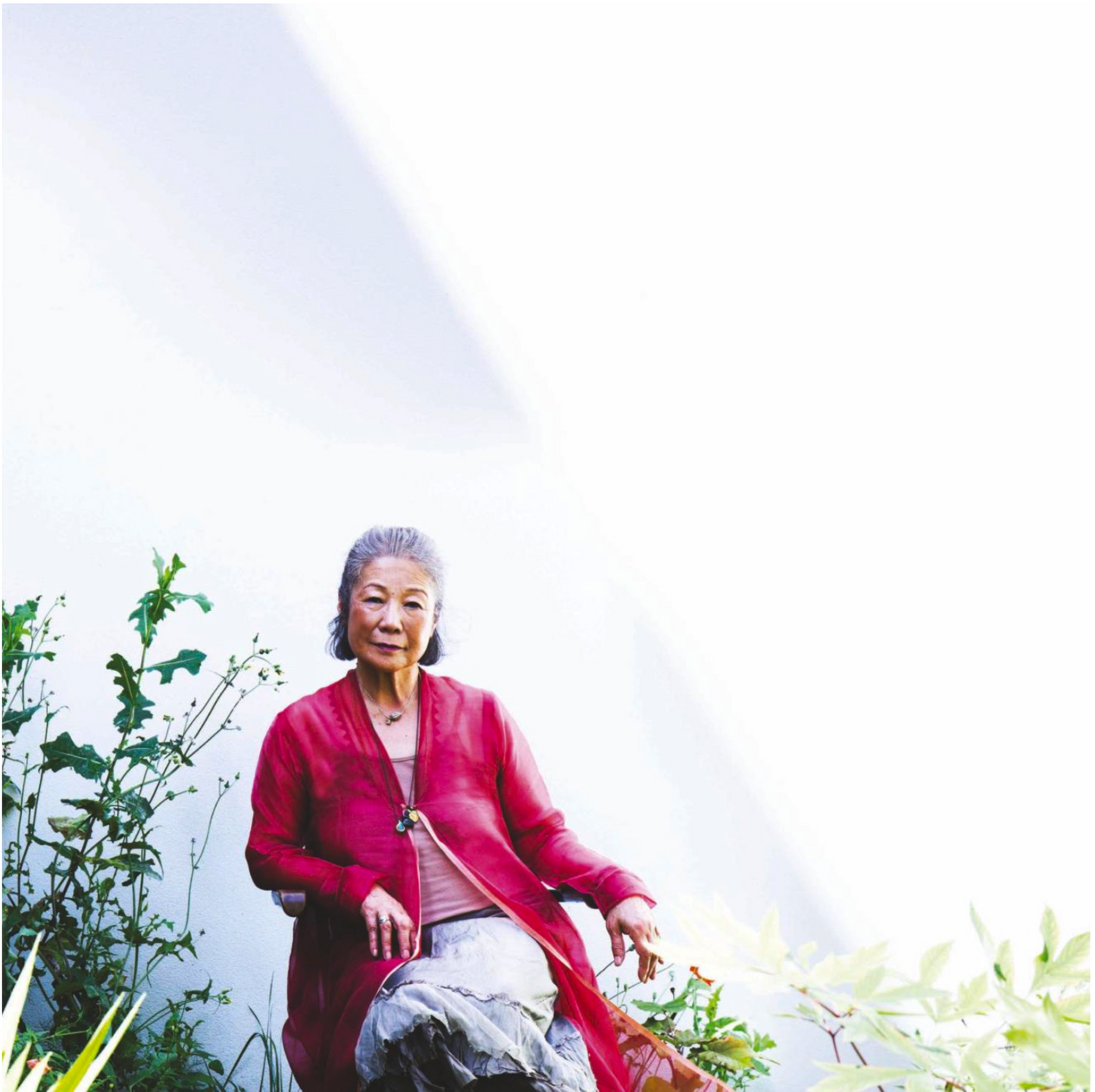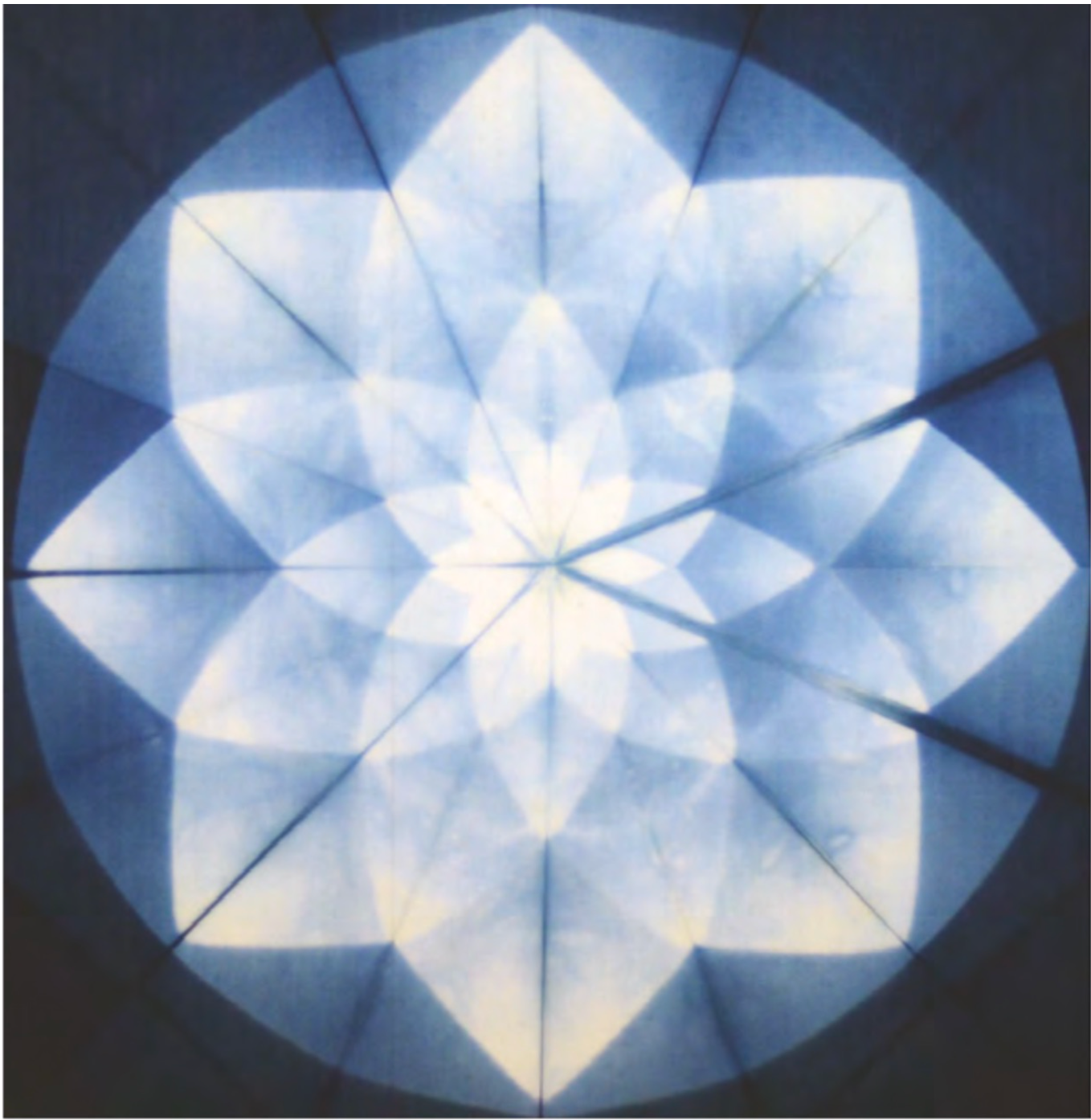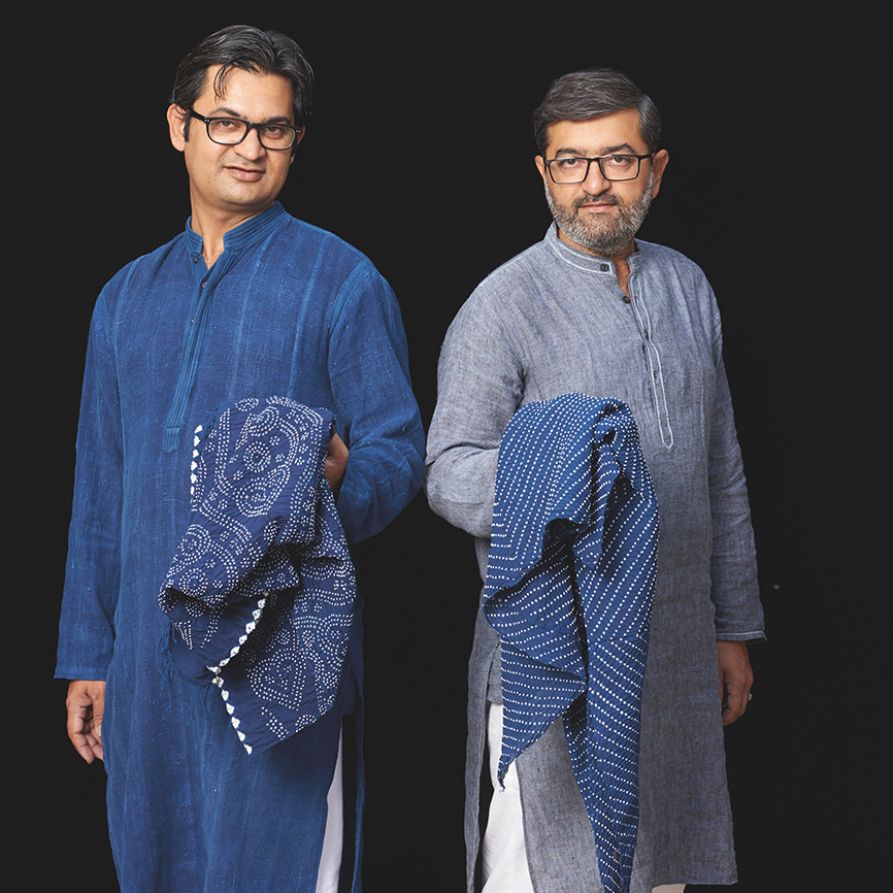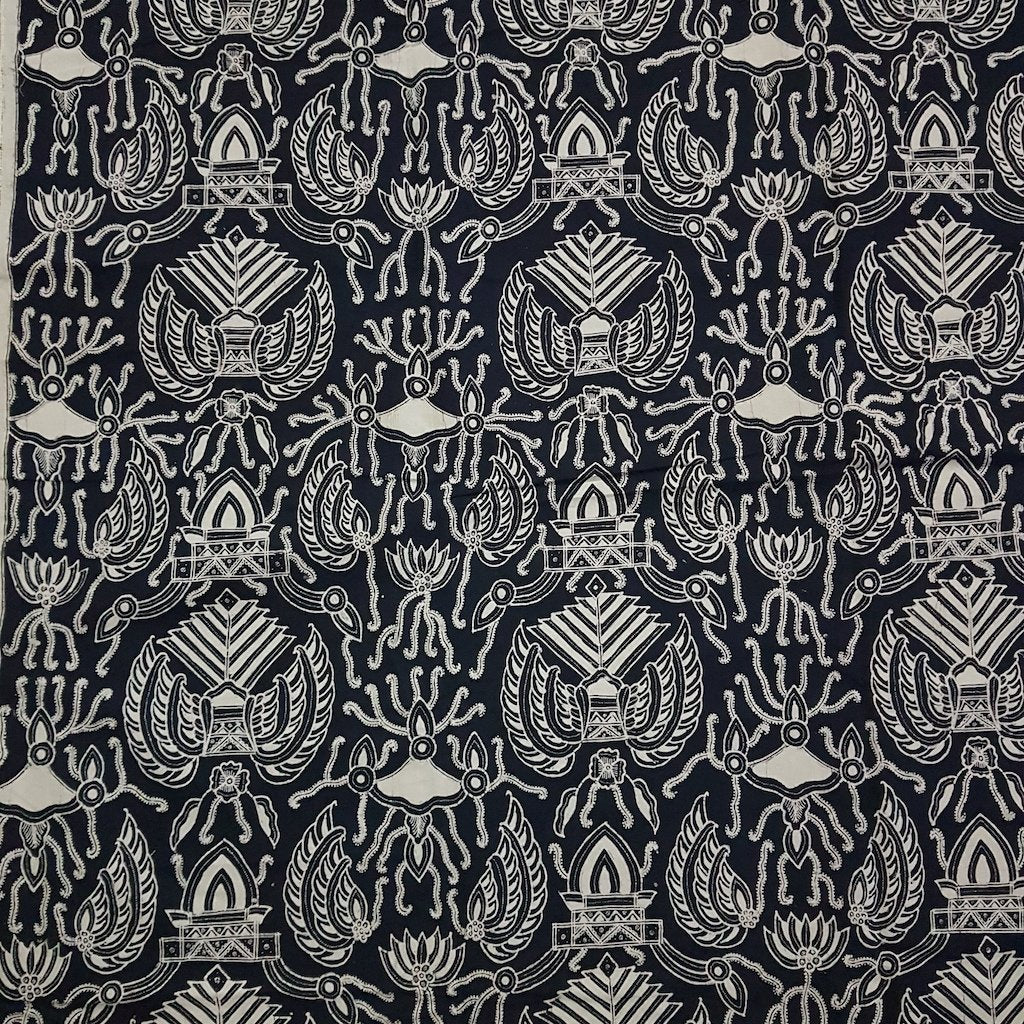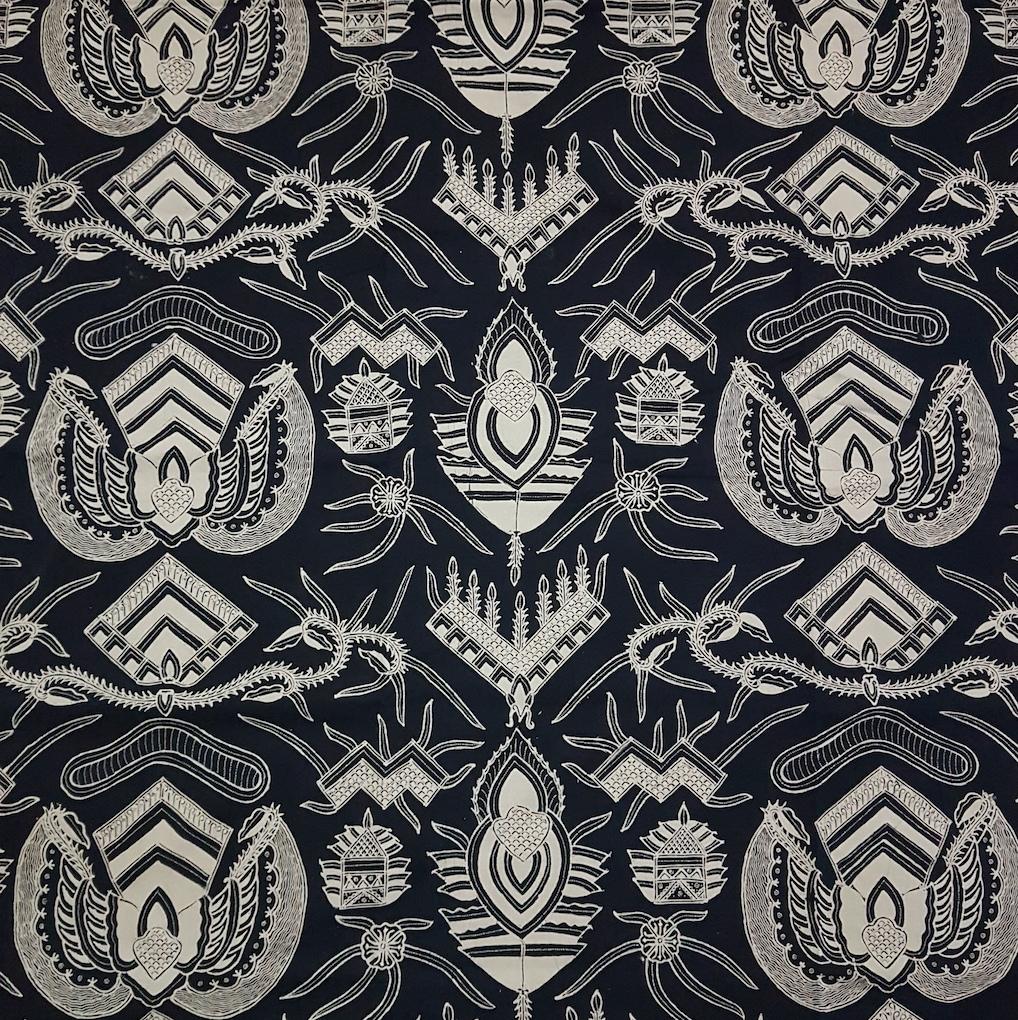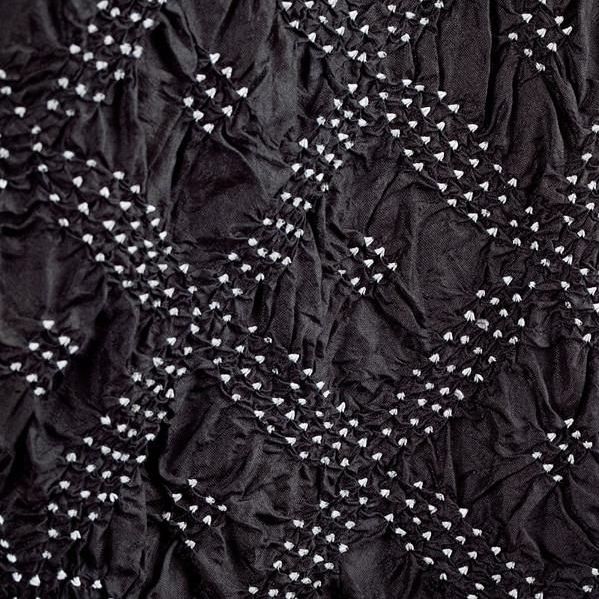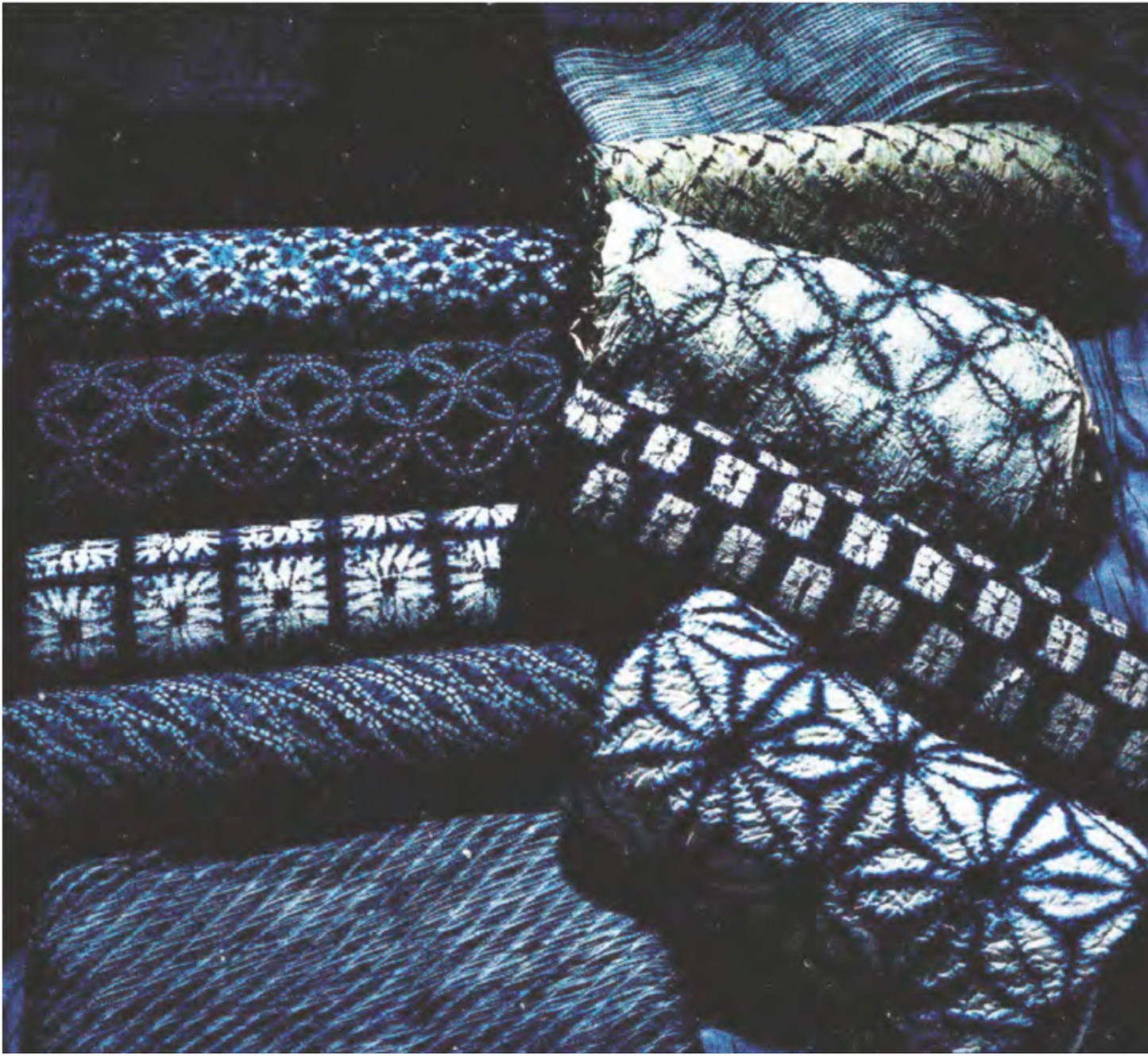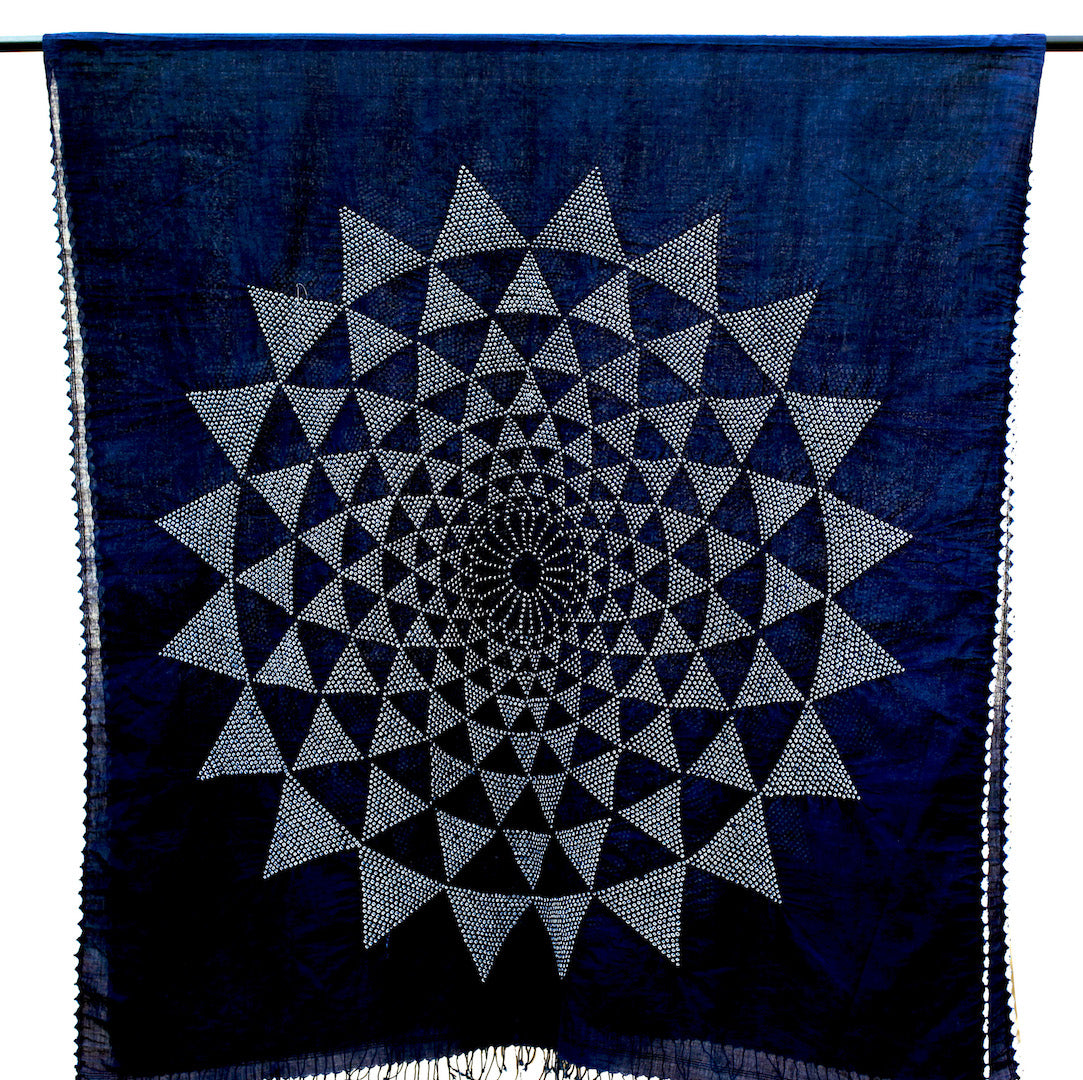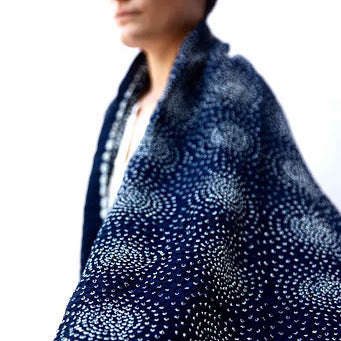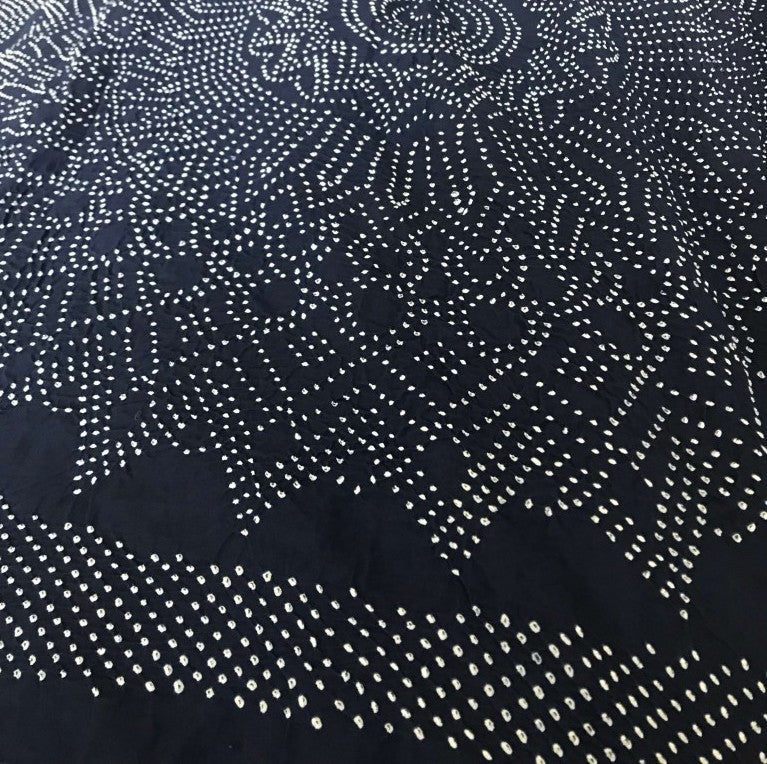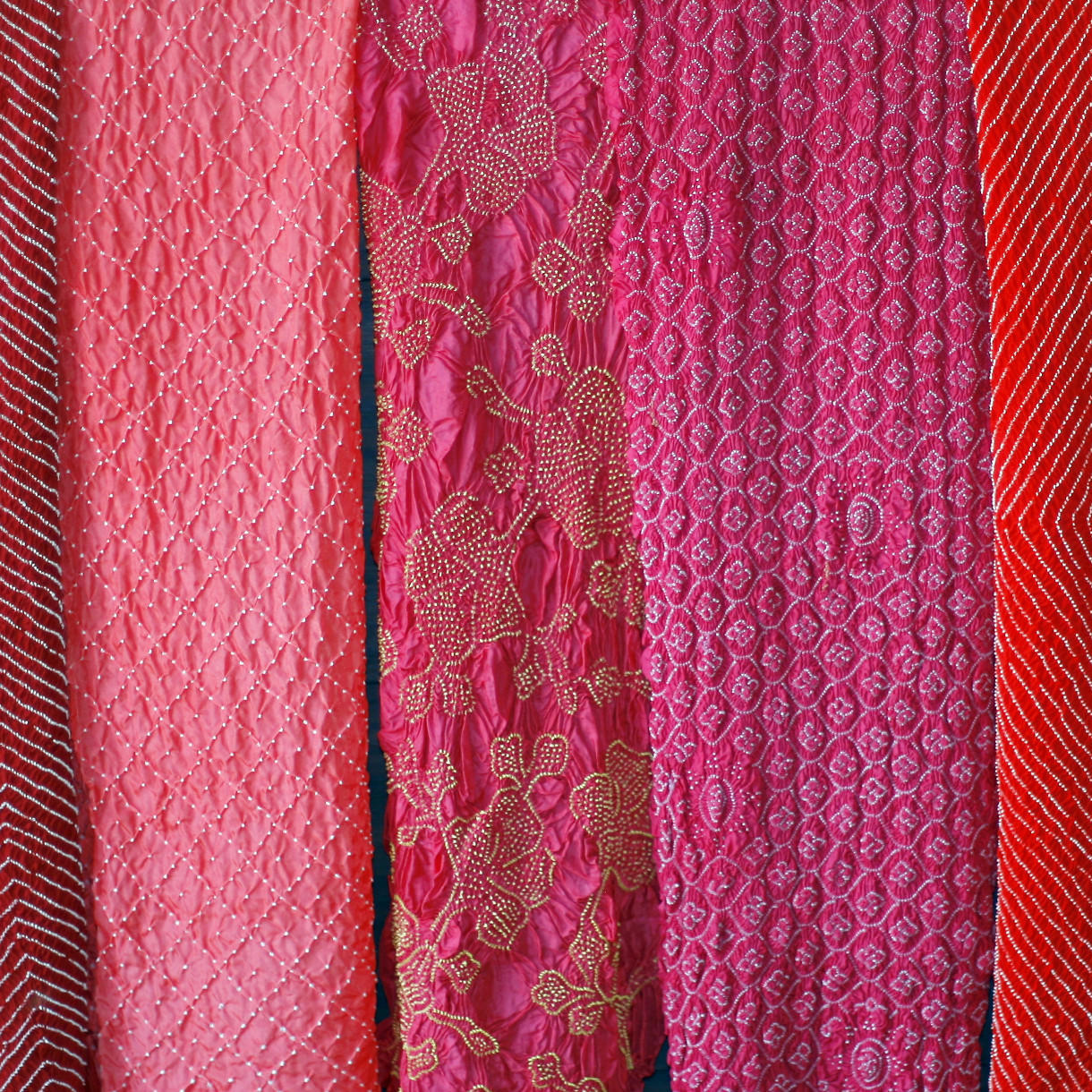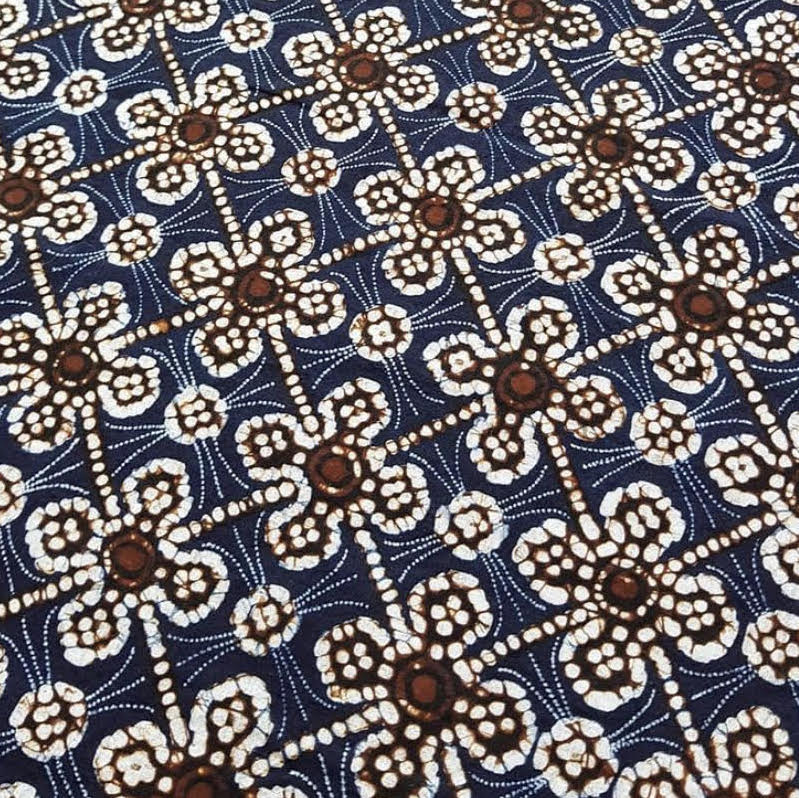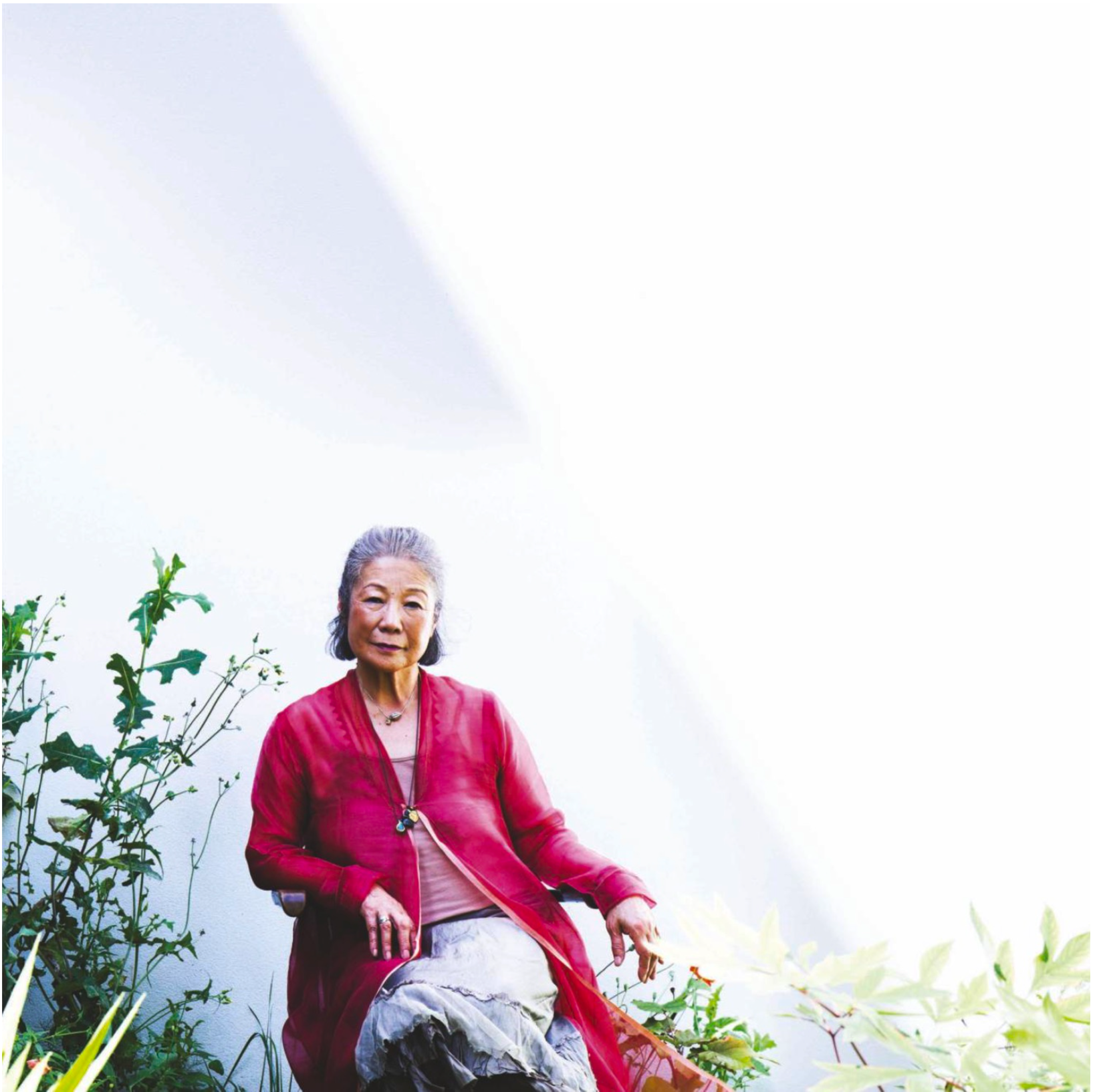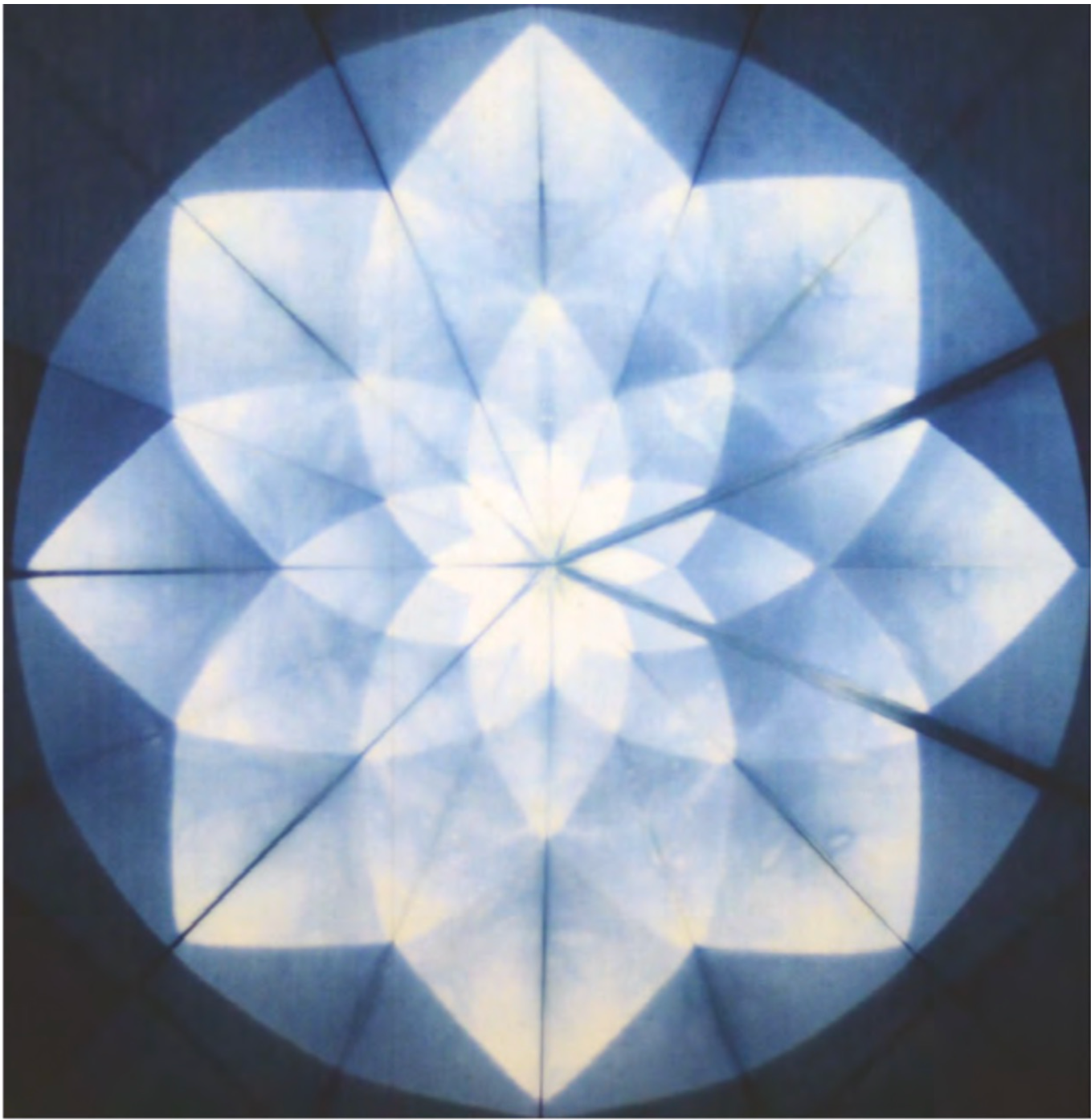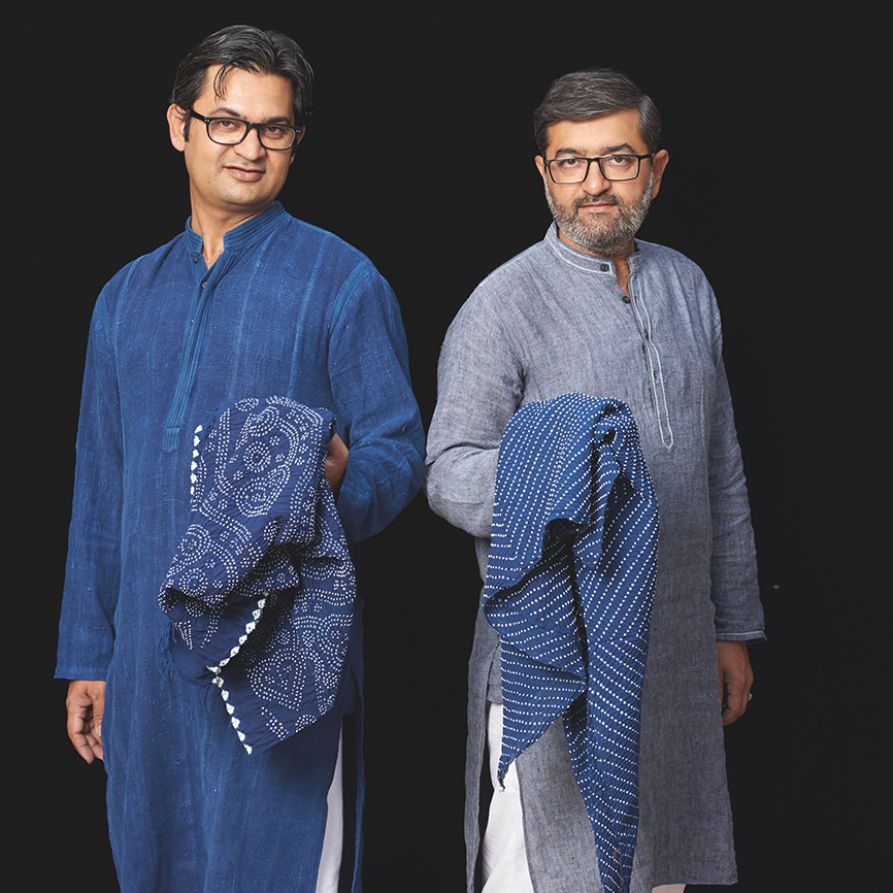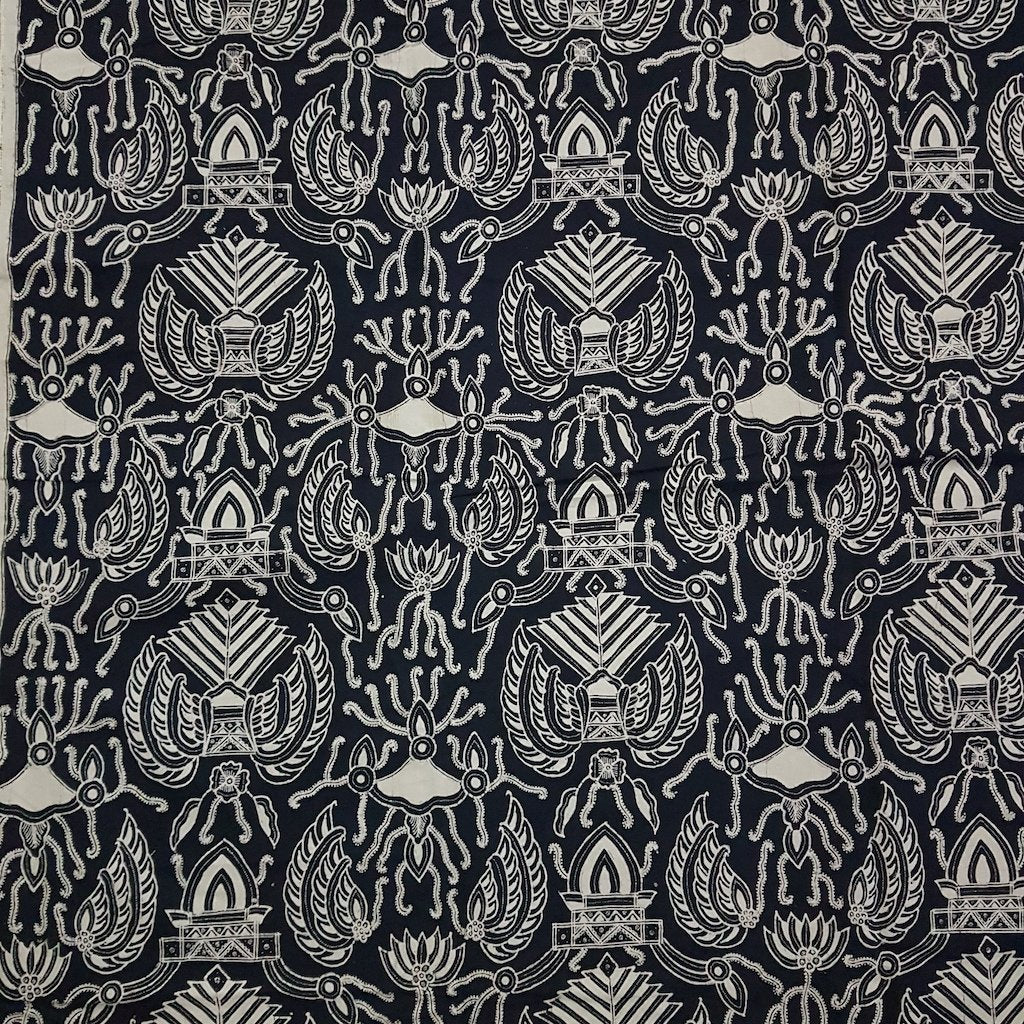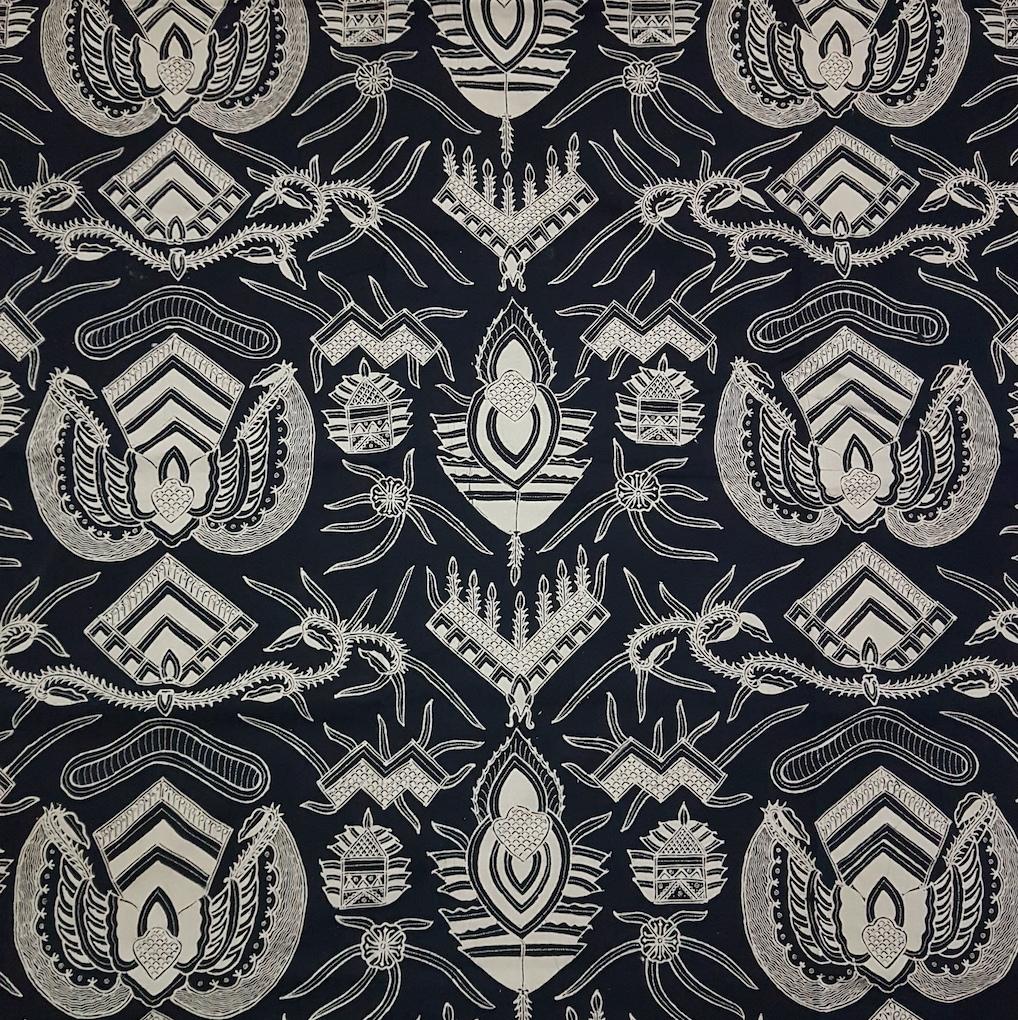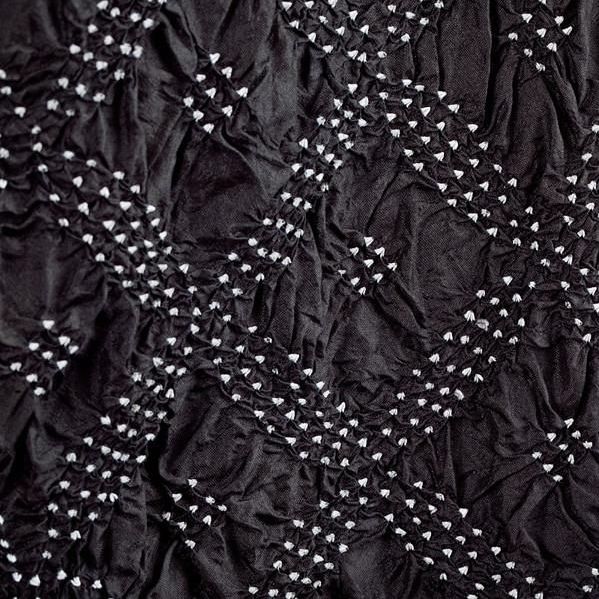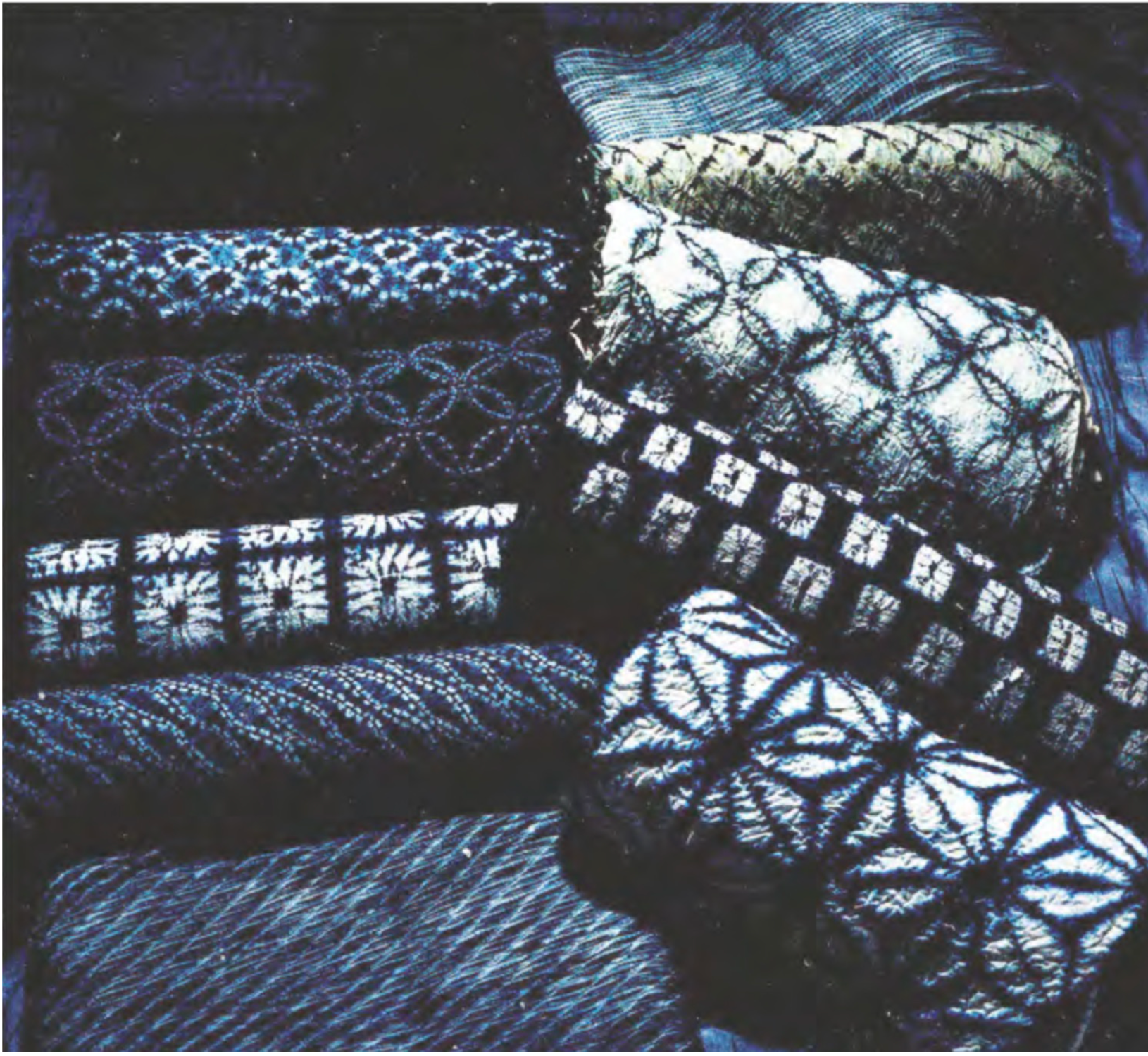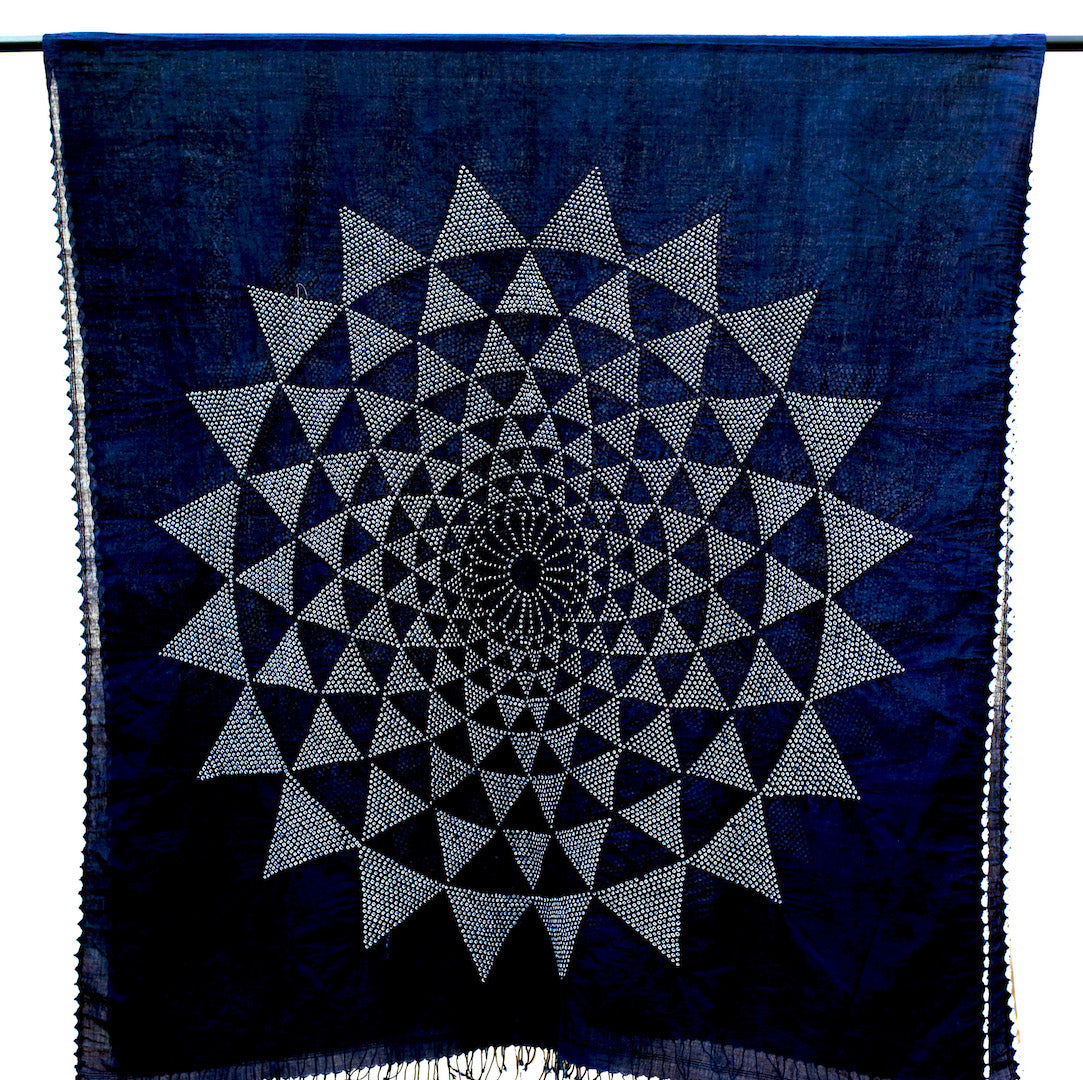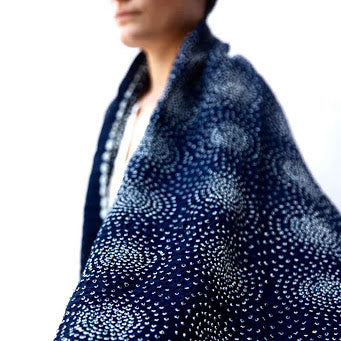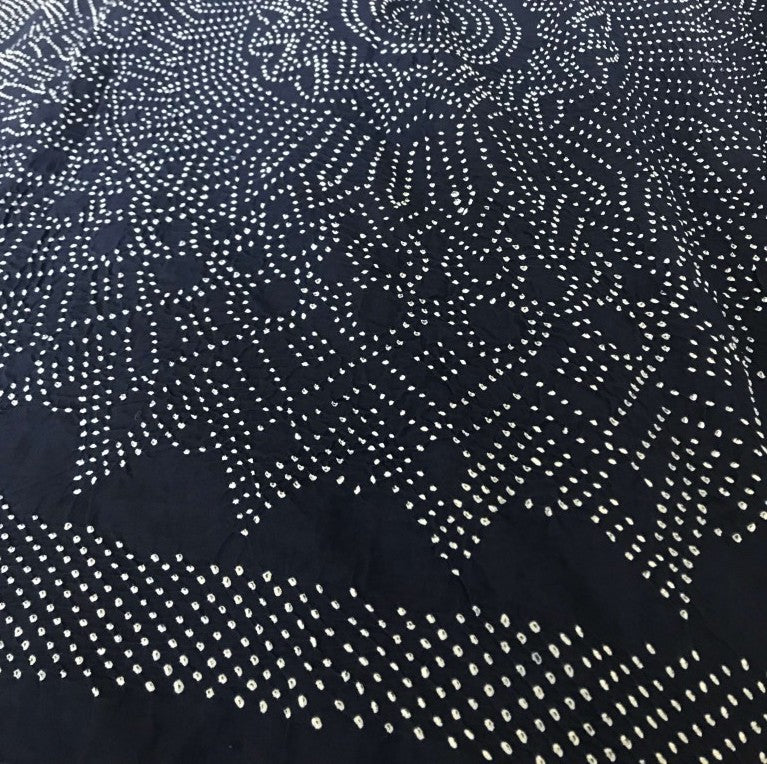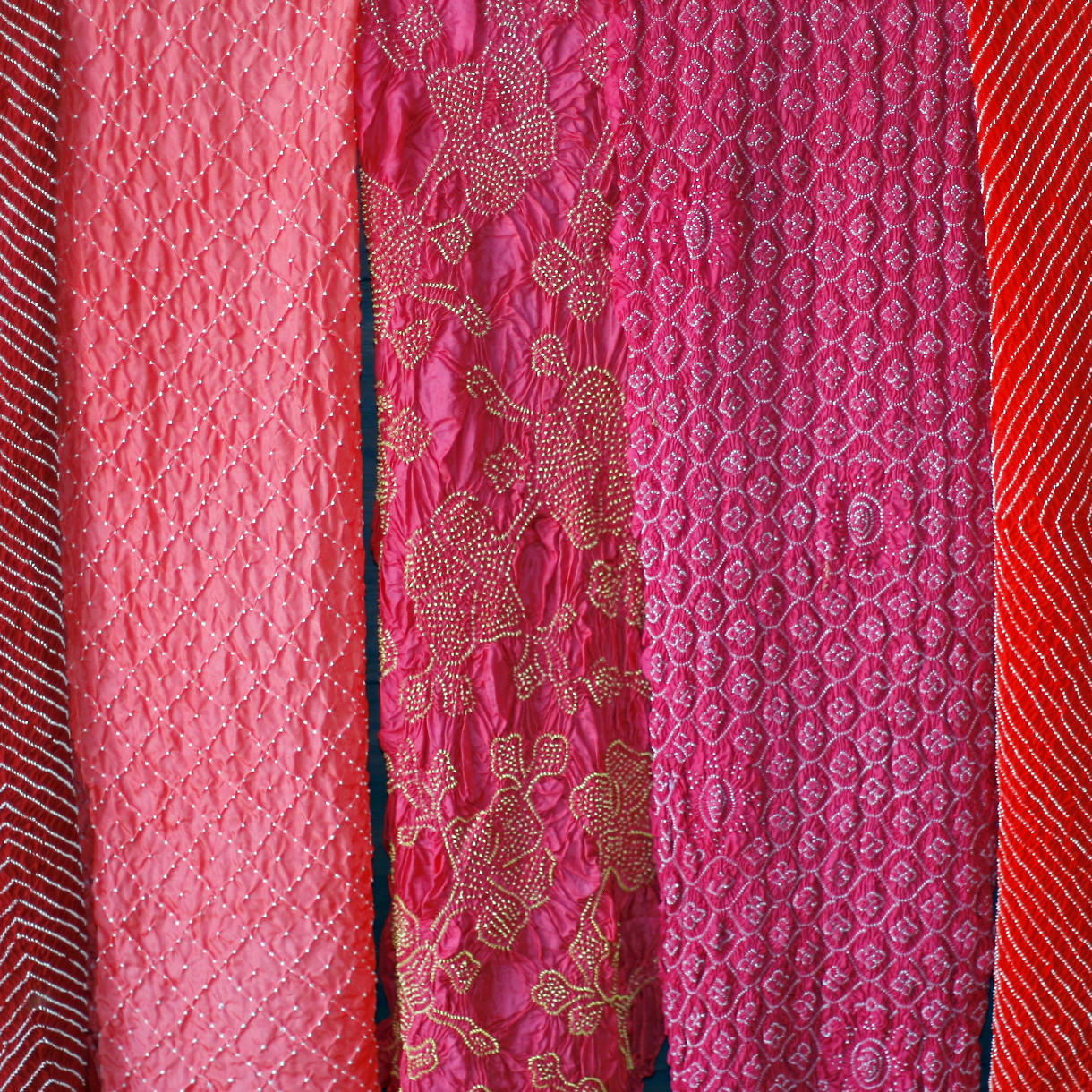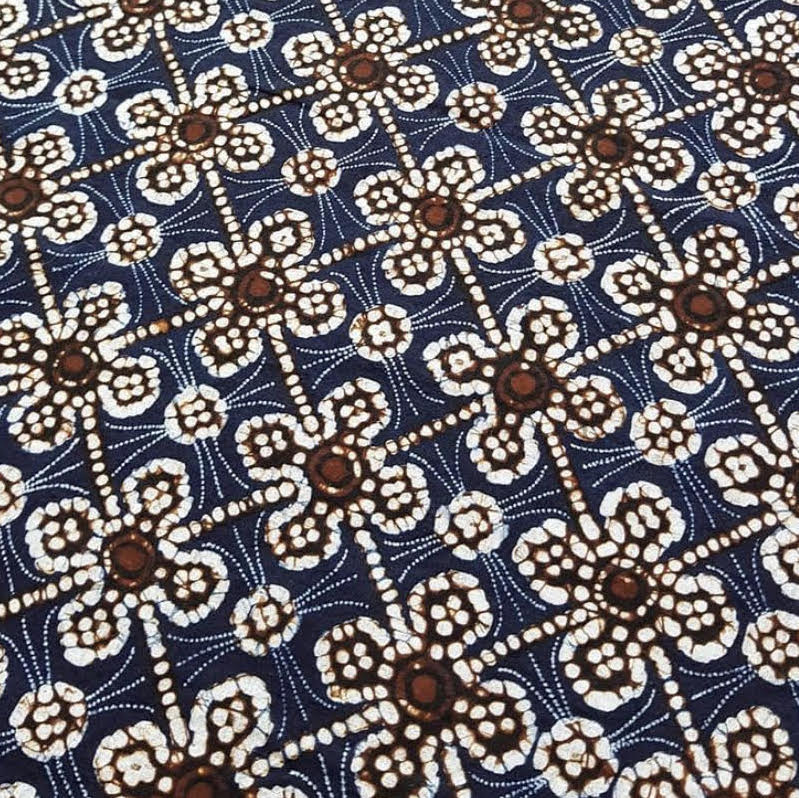Resist Dyeing with Yoshiko Iwamoto Wada, Sang Made Erass Taman and Abduljabbar Khatri
Resist Dyeing with Yoshiko Iwamoto Wada, Sang Made Erass Taman and Abduljabbar Khatri
Selvedge Foundation
Couldn't load pickup availability
Hear about the craft of resist dyeing from Yoshiko Iwamoto Wada from Japan, Sang Made Erass Taman from Indonesia and Abduljabbar Khatri from India. Each of the speakers present their own experiences using the technique and its tradition in Japan, Indonesia and India.
Yoshiko Iwamoto Wada is an artist, curator, researcher, and an exponent of traditional and sustainable practices in textile production. She holds a BFA in Textile Art from Japan, an MFA in Painting from the USA, and received the Japan Foundation Fellowship in 1979 and 1996 which yielded the definitive books, Shibori: The Inventive Art of Japanese Shaped Resist Dyeing, and later Memory on Cloth: Shibori Now. In 1973, she co-authored Ikat: An Introduction, the first technical instruction book in English on kasuri, or Japanese ikat weaving.
Yoshiko is President of the World Shibori Network. She also consults for designers, including for the Hollywood film, “Memoirs of a Geisha”; Cirque du Soleil; and Christina Kim of dosa inc. Yoshiko is a leader in the Slow Fibre movement which works with regional textile production centers and traditional artisan communities to create culturally, socially and environmentally sustainable practices.
Sang Made Erass Taman a tradional batik artis from Yogyakarta in Java, Indonesia.
His work is entirely hand made using a traditional Tjanting tool to draw with hot wax onto the fabric.
Originally from Bali, his father sent him to Yogyakarta to study when he was 11 years old and there he was adopted by a family from Java. An architect by training, his interest in Javanese textiles was inspired by his adoptive family and he later decided to develop his own style of batik..
He now has a team of 18 helping him make his bespoke batik textiles.
Abduljabbar Khatri belongs to a community of tie-dyers and has been fascinated with this traditional craft since childhood. In 1992, along with his brother, he started tie-dyeing professionally, making cotton dresses, dupattas and sarees for the Indian market.
For the past 10 years, I’ve worked with leading Designers, exploring many new dyeing techniques. It’s also very fulfilling that my work leads to sustainable livelihood for around 250 artisan women in rural Kutch.
Cancellation policy
All recordings of virtual talks are non-refundable
Share
